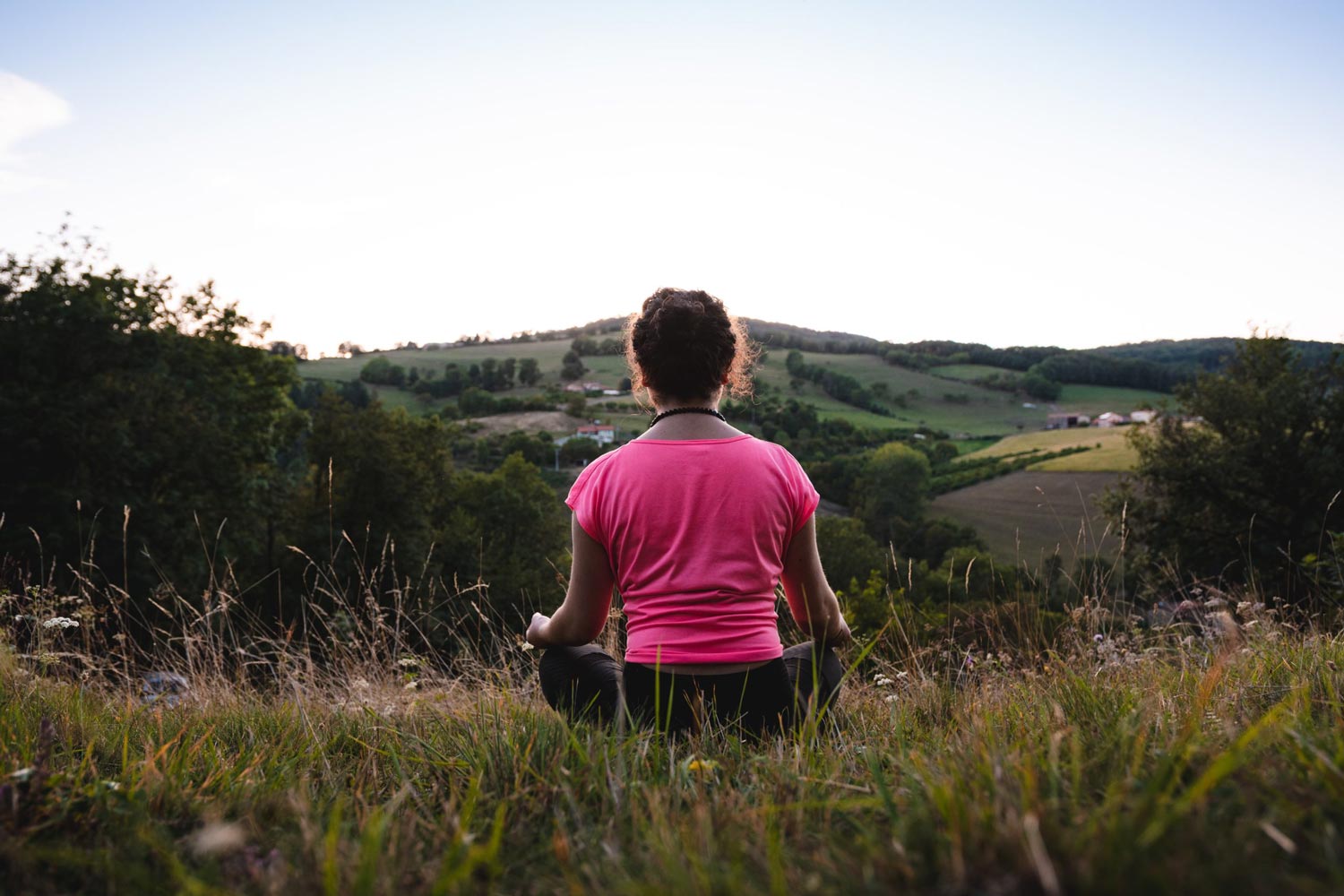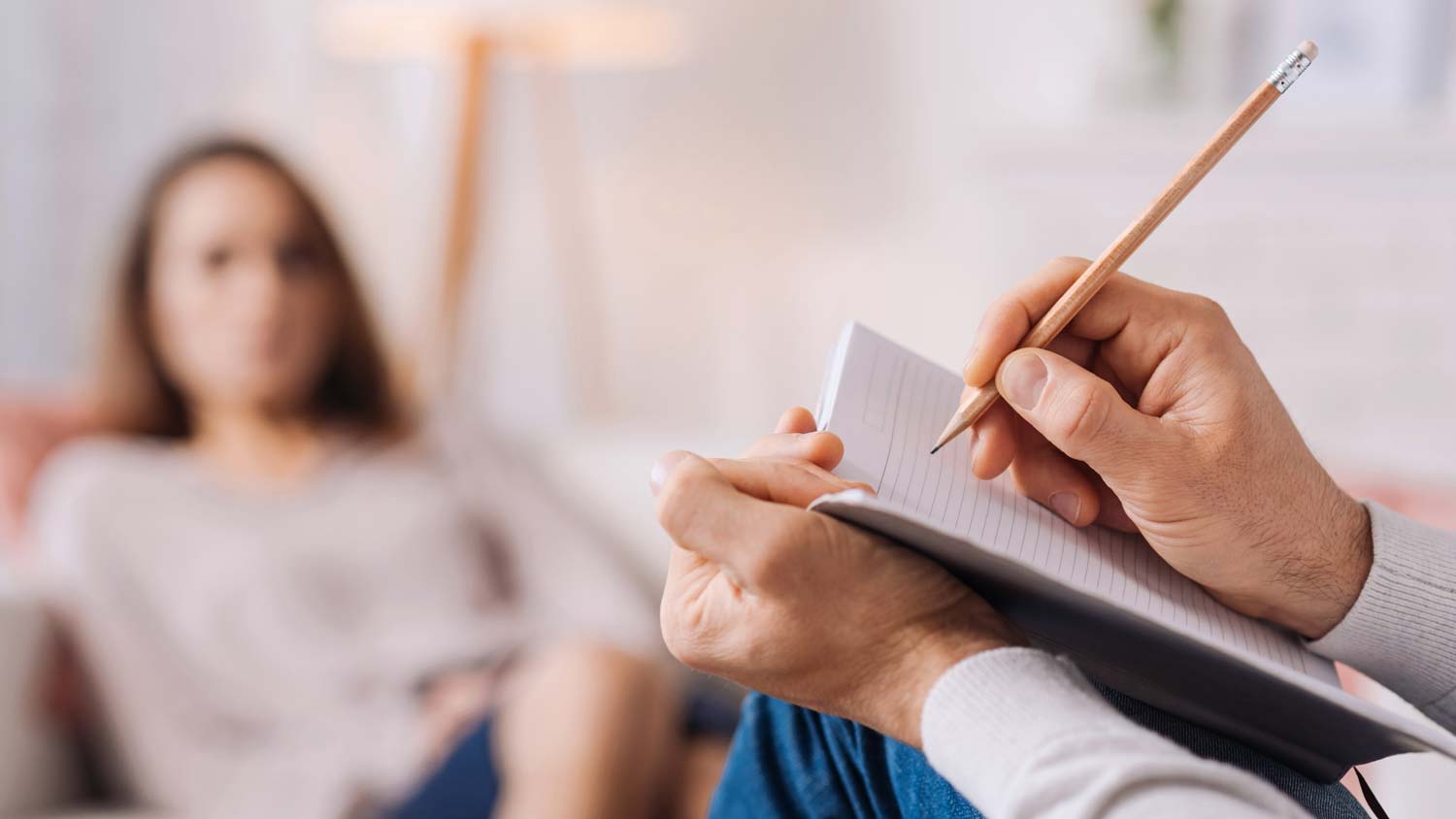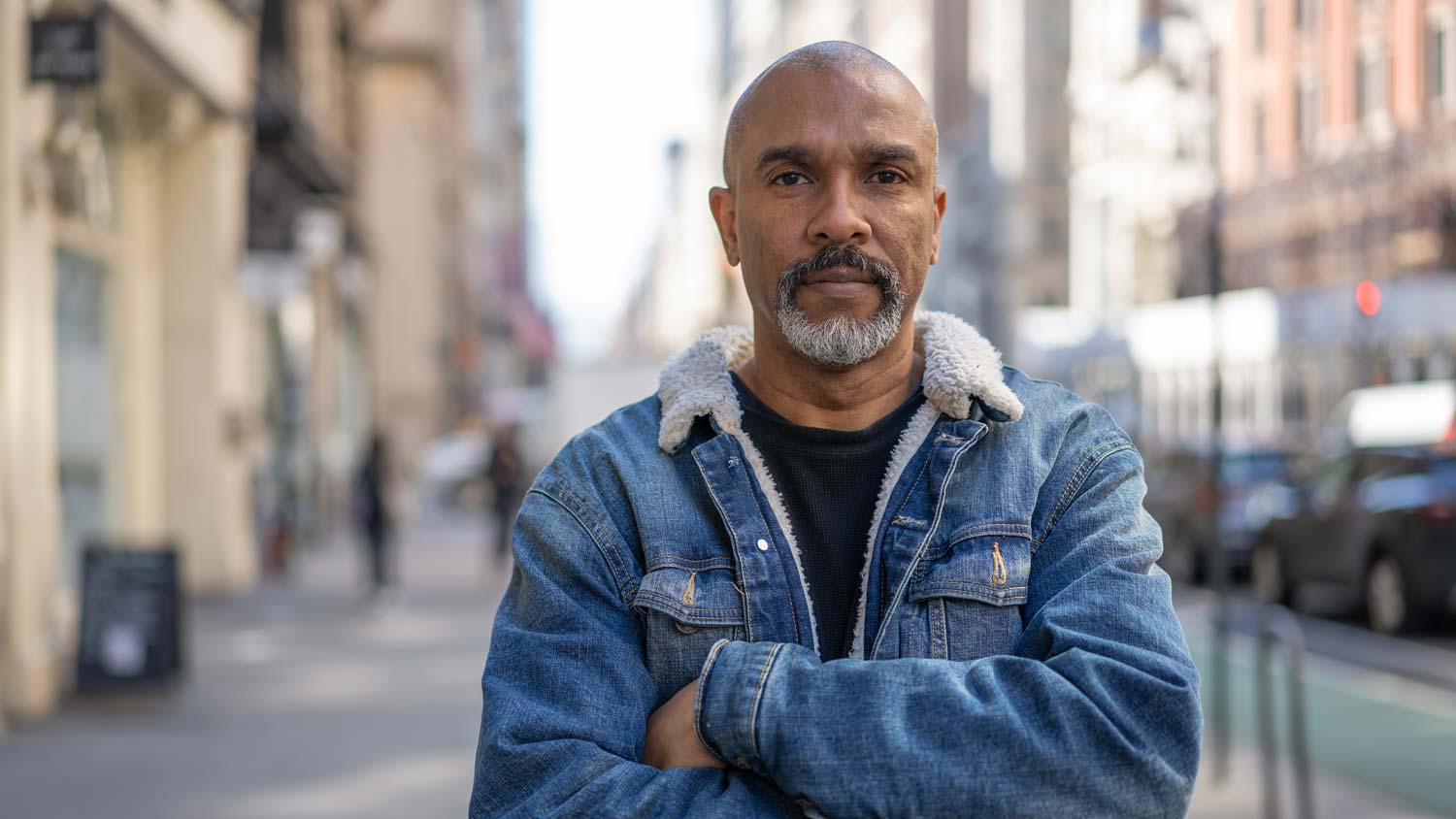If you find yourself feeling anxious or depressed, one thing we know for certain is that you are not alone. Official polls are showing that 18% of the population has an anxiety disorder, and 40% of Americans are more anxious this year than they were last year. And those who are struggling with anxiety are also often dealing with depression. The trouble with these staggering numbers is that we don’t all have access to the best available mental healthcare—and studies are also discovering that even the best traditional treatments (such as medication or therapy) don’t always work for everyone. What can you do from home at no cost to help alleviate some of your mental stress?
Thankfully, many of those studies are also finding a solution: Mindfulness. You may or may not have heard this term before, but it’s come up recently in popular media as an “exotic” cure-all, so many people now have a distorted understanding of what it actually means. Mindfulness is not some strange, unattainable state of enlightenment only accessible to people in faraway lands. Mindfulness is actually quite simple: it’s you bringing your attention to this present moment without judging it. That’s it. Of course, simple things are not always easy to make a part of your daily life. But with a little practice, anybody can do it.
What can you do from home at no cost to help alleviate some of your mental stress?
If being aware of the present moment sounds too trivial to help you reduce your psychological stress, consider how rarely we are actually “present.” Between work, kids, financial concerns… Our minds spend most of the day thinking about “what just happened” or worrying about the future. And guess what: thinking about the past and the future is a large part of what makes us anxious.
Meanwhile, researchers from Johns Hopkins University found 47 well-designed trials that suggest mindfulness can help alleviate some symptoms of anxiety and depression.
You can try it right now with a free guided recording. Three to five minutes in the morning, on your lunch break, or before bed will provide an instant feeling of relief. Over time, you will feel less overwhelmed by things that happen to you, because you will spend less time reliving them in your mind or worrying about how they will impact you in the future.
If you like the guided meditations, you can dive in a little deeper with one of the many great books out there on the topic. Eventually, you will experience a greater sense of mental wellness and come to understand what Thich Nhat Hahn says in his book Being Peace: “Dwelling in the present moment, I know this is a wonderful moment.”







